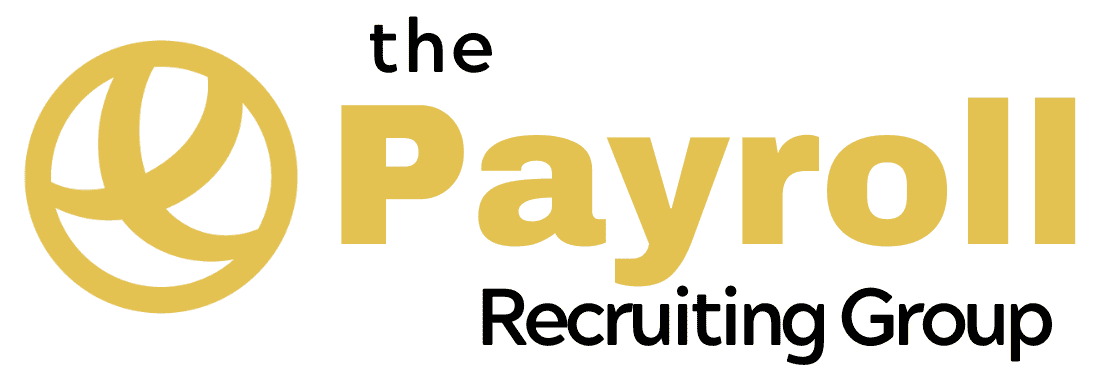The job market is constantly evolving, and in recent years, artificial intelligence (AI) has emerged as a powerful tool transforming the way job seekers find employment. From personalized job recommendations to automated interview preparation, AI is making the job search process more efficient, targeted, and accessible. Here are some key ways AI can help job seekers:
1. Personalized Job Matching
One of the most significant benefits of AI in the job search process is its ability to provide personalized job recommendations. AI algorithms analyze a candidate’s resume, skills, experiences, and preferences to match them with suitable job openings. This not only saves time but also increases the chances of finding a job that closely aligns with the candidate’s qualifications and career goals.
2. Enhanced Resume Optimization
Creating a resume that stands out is crucial in a competitive job market. AI-powered tools can help job seekers optimize their resumes by analyzing job descriptions and suggesting relevant keywords, formats, and structures. These tools ensure that resumes are tailored to pass through Applicant Tracking Systems (ATS), increasing the likelihood of being noticed by hiring managers.

3. Skill Development and Training
AI-driven platforms can identify skill gaps in a job seeker’s profile and recommend courses, certifications, and training programs to bridge these gaps. By providing personalized learning paths, AI helps job seekers acquire in-demand skills, making them more competitive in the job market.
4. Interview Preparation
Preparing for interviews can be daunting, but AI can make the process smoother and more effective. AI-powered interview simulators provide candidates with practice questions, real-time feedback, and suggestions for improvement. These tools can also analyze speech patterns, body language, and responses to help job seekers refine their interview techniques.
5. Networking and Mentorship
AI can facilitate networking by suggesting connections with professionals in the job seeker’s industry. Platforms powered by AI can analyze a user’s profile and recommend mentors, industry groups, and networking events. Building these connections can lead to valuable insights, advice, and job opportunities.
6. Job Market Insights
AI tools can provide job seekers with valuable insights into the job market, including trends, salary benchmarks, and demand for specific skills. This information helps candidates make informed decisions about their career paths, target industries, and job applications.
7. Accessibility and Inclusivity
AI is breaking down barriers to employment for individuals with disabilities. Voice recognition software, text-to-speech tools, and other AI-driven accessibility features ensure that job seekers with disabilities can navigate job search platforms, create resumes, and prepare for interviews without hindrance.
8. Remote Work Opportunities
The rise of remote work has expanded job opportunities, and AI is playing a key role in this transition. AI-powered platforms can connect job seekers with remote positions that match their skills and preferences, opening up a global job market. Additionally, AI tools can facilitate virtual interviews and onboarding processes, making it easier for candidates to transition into remote roles.
Conclusion
AI is revolutionizing the job search process, offering job seekers unprecedented levels of personalization, efficiency, and support. By leveraging AI technologies, candidates can optimize their resumes, develop in-demand skills, prepare for interviews, and access a wealth of job opportunities. As AI continues to evolve, it will undoubtedly play an even more integral role in helping job seekers navigate the ever-changing job market, ultimately leading to more successful and fulfilling careers.
